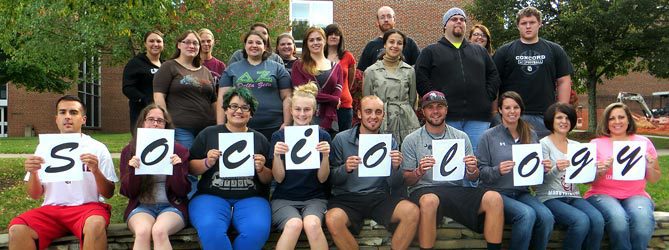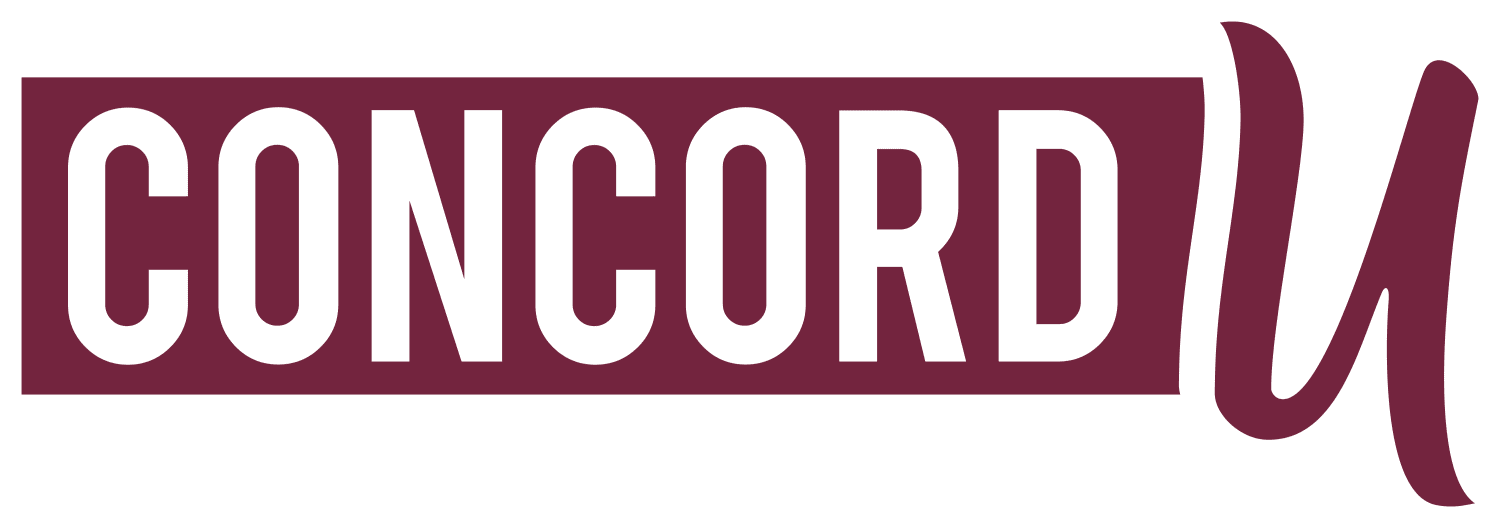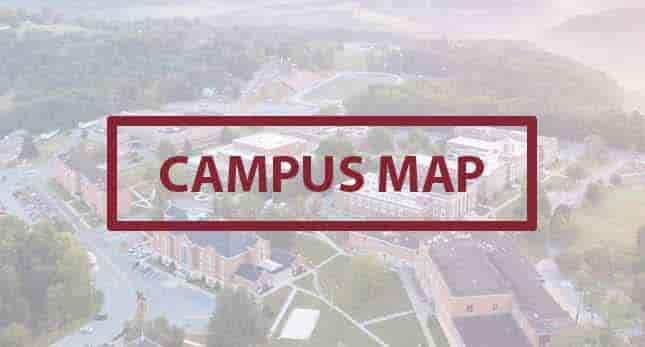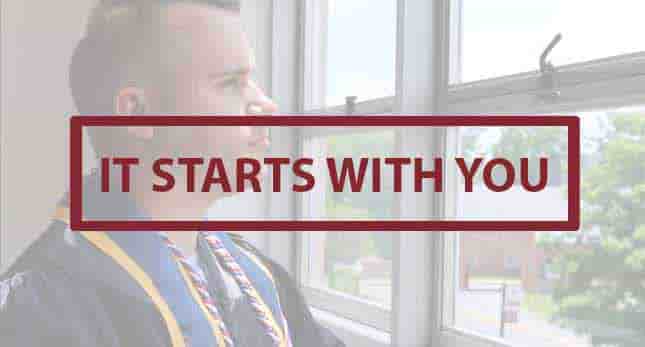Sociology Program
Neither the life of an individual nor the history of a society can be understood without understanding both.
~C. Wright Mills

Sociology is the study of human society and human social interaction. Our department explores a wide range of issues relevant to our lives — social inequality and social justice, crime and deviance, race and gender relations, dating and intimate relationships, and the impact of the internet on society and interpersonal relationships. We emphasize teaching as the top priority of the department, set high standards for student achievement, involve students in research, provide opportunities for student learning outside the classroom (e.g., through engagement in multicultural events and participation in internships) and encourage civic involvement.
The Sociology Program provides a broad liberal arts education that encourages students to think critically about issues present in contemporary society. Students graduating with a BS in Sociology will be prepared for graduate studies or employment in several areas; students with a particular interest in careers or graduate study in Criminology or Law can pursue the Sociology degree with an emphasis in Criminology. An optional internship program provides students with real-world experiences in their area of interest. Students who are not Sociology majors can complete a minor in Sociology and/or Criminology.
Sociology Program Goals
The Sociology program at Concord University develops student’s abilities in the following areas. These program learning goals align with university-level goals and are adapted from the American Sociological Association’s Sociological Literacy Framework. These priorities form the foundation for the curriculum in Sociology and Criminology courses.
- Sociological knowledge, including: sociology as a discipline, how to use a sociological perspective to better understand social issues, sociological theory, research methodologies used in the social sciences, social structure and social institutions, reciprocal relationships between individuals and society, the significance of social and cultural variations, and the basic issues of at least two substantive areas within sociology;
- Critical thinking skills, including: examining multiple sides of a situation, evidence-based decision-making, move beyond “folk” explanations of social phenomena, effectively use sociological theories and evidence to suggest real-world solutions to social problems;
- Communication skills, including: respectful interpersonal communication that will not offend individuals from diverse groups, writing about research and current events, discussing potentially controversial topics in writing and in person, and;
- Personal, civic, cultural, and global competence, including: self-awareness of one’s position within larger groups/societies, causes and consequences of inequality, use sociological knowledge and skills to engage with and change the world around them.


